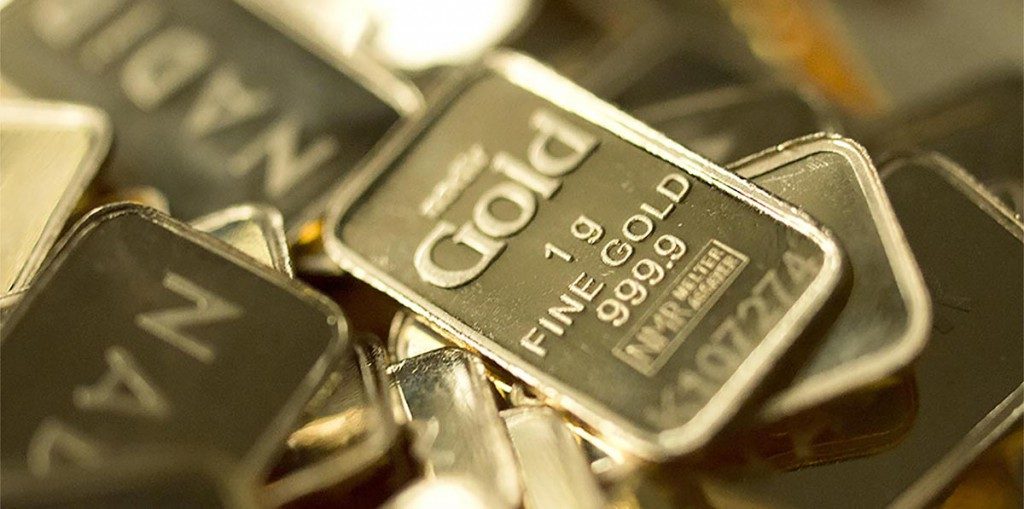
Secured credit is a common practice in today’s financial world. Receiving money on credit is even easier if you provide a car, apartment, or other property as a guarantee of the loan repayment. But everything is not so clear with precious metals and stones. For example, this often raises the question of whether it’s possible to get a loan secured by gold in a bank. We offer to understand where and what kind of property can be accepted as collateral.
What is property?
Property can include tangible and intangible objects, like:
- immovable and movable things (land, houses, apartments, vehicles, and more);
- money and securities, including non-cash funds and digital rights;
- results of intellectual activity;
- results of services or works.
Not all financial institutions provide loans against any type of property. In rare cases, a bank may lend against a pledge of gold account, gold and silver bullion, or other securities. In this case, you may need silver bars for sale. However, this is rather an exception to the rule and is sometimes offered to privileged clients as an exception.
Thus, it is practically impossible for the average citizen to obtain a consumer loan secured by gold from a bank. You have a greater chance of obtaining credit if you offer your car, house or mortgage as collateral.
What kinds of property do financial institutions work with?
You can borrow money on various terms from different companies:
- A bank;
- A pawnshop;
- credit consumer cooperatives;
- and some others.
Perhaps only in a pawnshop is it possible to obtain a loan secured by gold. The bank and other financial institutions are unlikely to accept gold or silver as a guarantee. In addition to articles of precious metals in pawnshops can accept other valuable things – antiques, art, machinery.
How to apply for collateral?
The approach to making collateral differs from one financial institution to another. For example, in a pawnshop, a specialist evaluates the borrower’s item and leaves it in storage. Only after this procedure, the client receives a loan secured by gold. In a bank, if you pledge, say, a car, then he remains with you.
You cannot sell or donate it, but your right to use the car is not restricted in any way. If you default, you cannot take your valuables out of the pawnshop. The bank in such a situation has the right to demand the collateral from the borrower for the subsequent sale in order to get the debt back.
Also, an important point is the verification of the borrower. To go to a pawnshop, you just need a passport and 30 minutes of free time to get a loan secured by gold. In a bank, the situation is different: you have to provide the documents and wait for the specialists to check them, the credit history, and make a decision about granting the loan money.
In general, on the market of financial services, there is a rule: the less documents the borrower provides and the less verification, the higher the risks of the lender and the higher the interest rate on the loan. When choosing where to apply for borrowed money, take into account these aspects in order to calculate your strengths competently and avoid unrealistic debt obligations.
